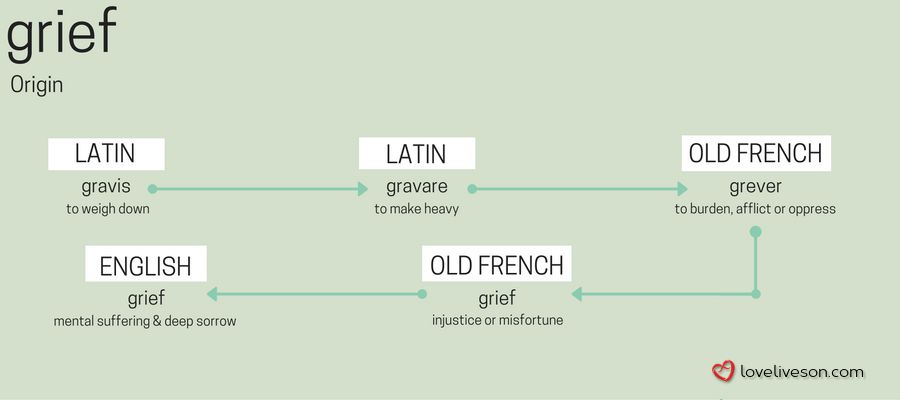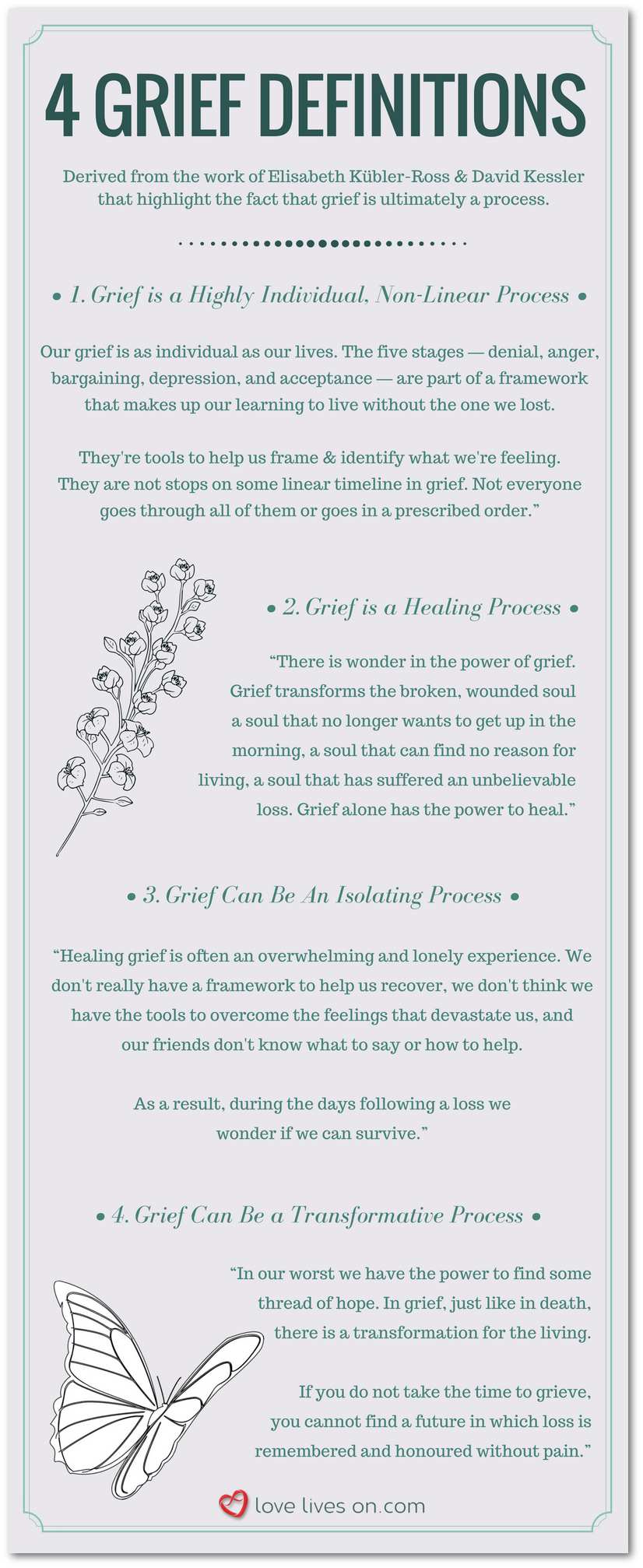Over the past several years in working with students at the secondary level, I have found myself approaching school breaks with trepidation for their wellness, mental health, and safety. Unfortunately, when students are out of school, our community has been impacted by student deaths resulting from suicide. Now, impact of the global pandemic has intensified the concern for students given the closures of school buildings with the reopening unknown. The mandates of “stay in place”, social distancing, and face coverings over the past few months, have resulted in drastic change in routines, increase in uncertainty, the loss of employment, and the lives of over 100,000 U.S. citizens. Educators responded by transforming the face of schools virtually overnight from brick and mortar to computer screens within a distance learning platform. The pandemic has intensified the concern for the safety, wellness, and mental health of our students with implications for policy and the practice of school psychologists.
Nationally, suicide is the leading cause of death among youth. Advocacy efforts at the local, state, and national level on behalf of students has resulted in new suicide prevention policy and practice. Over the past few years, there have been several new federal and state laws that have advanced suicide prevention efforts in schools. The recent legislation has demonstrated the commitment and recognition of policymakers around the importance of school-based prevention efforts; the approval for a 3-digit national suicide prevention and mental health crisis hotline system and mandated suicide prevention education for students, staff, and parents. NASP has continued to provide leadership and advocacy efforts with suicide prevention. NASP, in partnership with the American Foundation for Suicide Prevention, the American School Counselor Association, and the Trevor Project authored a comprehensive guidebook [Model School District Suicide Prevention Policy] for school administrators and policymakers. This guidebook provides a framework for best practices for the continuum of K-12 suicide prevention, intervention, and postvention policies.
At the district level, we have responded as school psychologists to address the student needs by engaging in grassroots advocacy and leadership roles to expand efforts beyond district crisis response (i.e. suicide intervention, postvention) to ensure a comprehensive suicide prevention framework. Suicide is a 24/7 issue. Thus, we partnered with the American Foundation for Suicide Prevention, law enforcement, community mental health agencies, and with local hospital emergency screening unit teams. As a result, our team developed a district protocol to prevent, assess the risk of, intervene in, and respond to suicide. Several integral components of a multi-tiered system of suicide prevention has emerged within the district; board approved suicide prevention policy, a district NASP PREPaRE trained crisis team, a district suicide prevention coordinator, a district suicide prevention council, district-wide coordinated implementation of Signs of Suicide (SOS) prevention education for students, staff, and parents, a community suicide prevention forum, suicide prevention training of trainers (TOT) of school site coordinators, suicide risk assessment protocol and training, educating the community regarding firearm safety, and postvention support in collaboration with community partners.
In March 2020, the global pandemic of COVID-19 drastically changed the landscape of education and our practice as school psychologists, especially with suicide prevention, intervention, and postvention. Within the first week of school closure, our community was impacted by the death of a student by suicide. To be honest, there was uncertainty in the “if” or “how” to best provide crisis response and postvention supports. In collaboration with a few of our NASP PREPaRE community leaders -thank you Dr. Melissa Reeves and Dr. Ben Fernandez – we navigated the discussion with the site crisis leadership team, guided the response efforts, and initiated revision of our suicide prevention, intervention, and postvention protocol to address the needs within a distance learning educational milieu. As a result, our district has provided a comprehensive on-line suicide prevention protocol with embedded forms and resources.
As we continue to face social distancing and school closures in response to the global pandemic, the need for school psychologists to advocate and provide guidance and leadership in suicide prevention efforts is paramount. Suicide prevention programs and policies expand our roles as crisis responders to include preventive supports for student wellness, mental health, and safety. The uncertainty surrounding the pandemic may generate for students intensified sense of fear, worry, isolation and suicide risk factors; simultaneously impacting youth protective factors such as hope, access to trusted adults, peer connection, and social activities. It is critical to begin or further our efforts to support our students by engaging in advocacy and providing leadership within our district, state, and at the national level with suicide prevention.
I encourage you to review the resources developed by NASP and your state professional organization. Ask yourself what can I do, especially during this time of the global pandemic, to address student mental health needs and ensure comprehensive suicide prevention policies and practices that encompass prevention, intervention, and postvention? Each of us are “ADVOCACY”, let’s find our voice!
NASP Comprehensive School Suicide Prevention in a Time of Distance Learning
Preparing for Virtual School Suicide Risk Assessment Checklist
COVID-19: Crisis & Mental Health Resources







